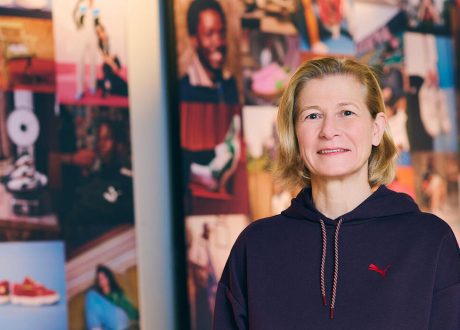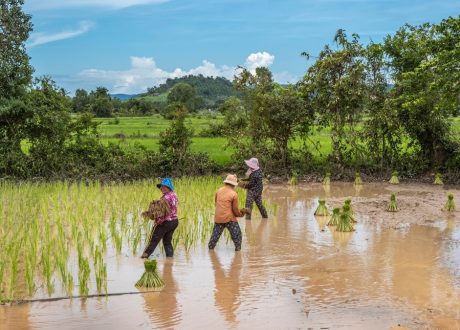
PUMA cut greenhouse gas emissions by 24% in 2023
PUMA has already made strong progress in reducing its greenhouse gas emission over the past ...

The 2022 World Humanitarian Day (WHD) is held under the theme “It Takes a Village”, echoing the African proverb “It takes a village to raise a child”.
This year’s theme refers to how the whole society can act as a global village to help children, and mankind, to live in a safe and nurturing environment.
The 2022 WHD campaign shines a light on the thousands of volunteers, professionals and crisis-affected people who deliver urgent health care, shelter, food, protection, water and much more.
For this year’s WHD, digital art can be used to help people tell stories of people in need and those who help them. At the center of the campaign is a series of beautifully illustrated aid worker profiles that show the breadth and depth of humanitarian work and collectively symbolize the wider humanitarian village.
This year’s WHD shows the importance, effectiveness and positive impact of humanitarian work.
Whenever and wherever people are in need, there are others who help them. They are the affected people themselves – always first to respond when disaster strikes – and a global community that supports them as they recover. Far from the spotlight and out of the headlines, they come together to ease suffering and bring hope.
WHD is a campaign by the United Nations Office for the Coordination of Humanitarian Affairs (OCHA).
The United Nations General Assembly adopted a resolution designating 19 August as World Humanitarian Day (WHD) on the back of a bomb attack on 19 August 2003 on the Canal Hotel in the Iraqi capital Baghdad that killed 22 humanitarian aid workers, including the UN Special Representative of the Secretary-General for Iraq, Sergio Vieira de Mello.
Each year, WHD focuses on a theme, bringing together partners from across the humanitarian system to advocate for the survival, well-being and dignity of people affected by crises, and for the safety and security of aid workers.
PUMA has already made strong progress in reducing its greenhouse gas emission over the past ...
The United Nations Trade and Development (UNCTAD) urged during the 29th United Nations Climate Change ...
About 140 oil and gas companies have committed to credibly measuring and reducing methane emissions ...


اترك تعليقا